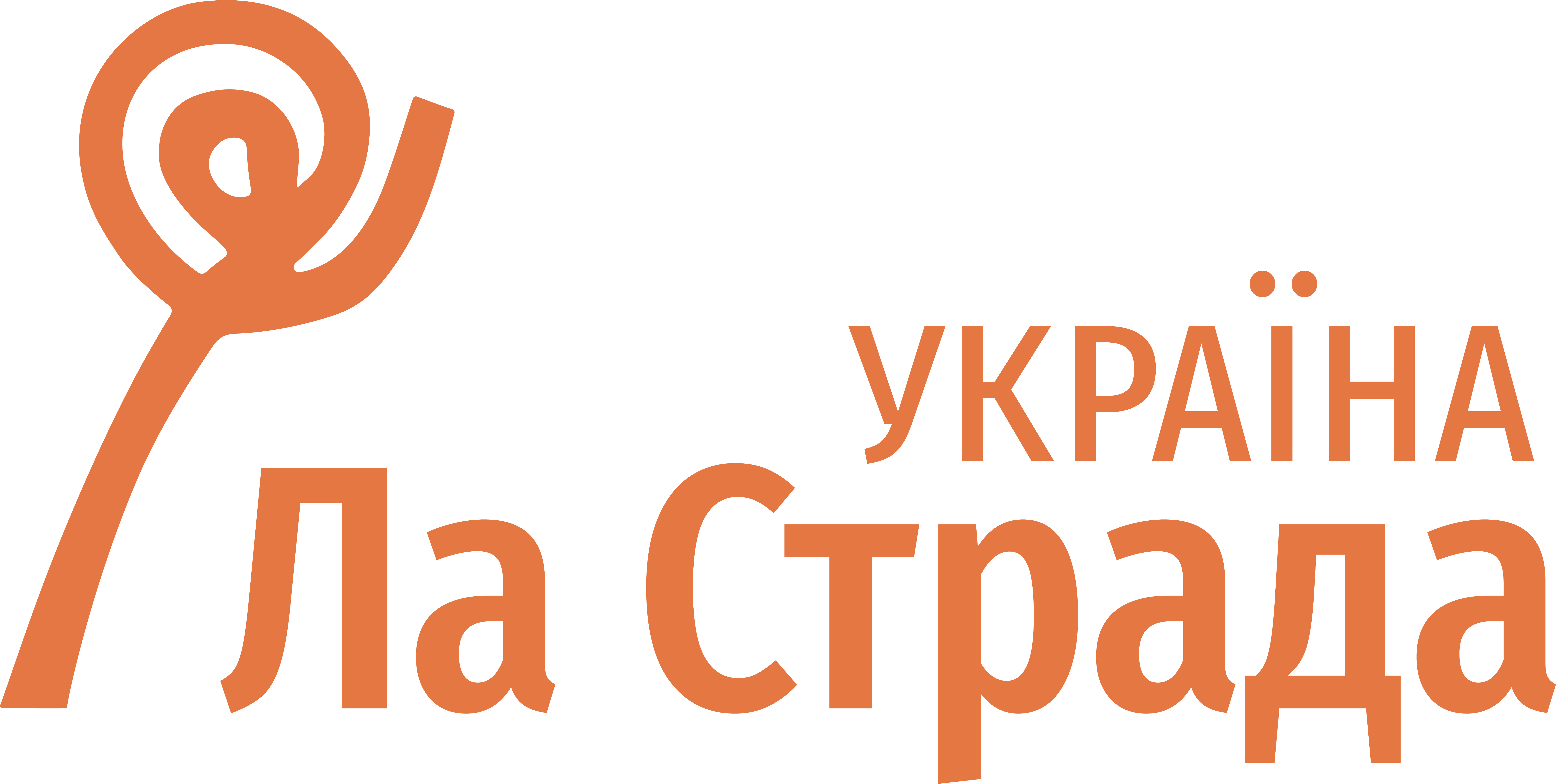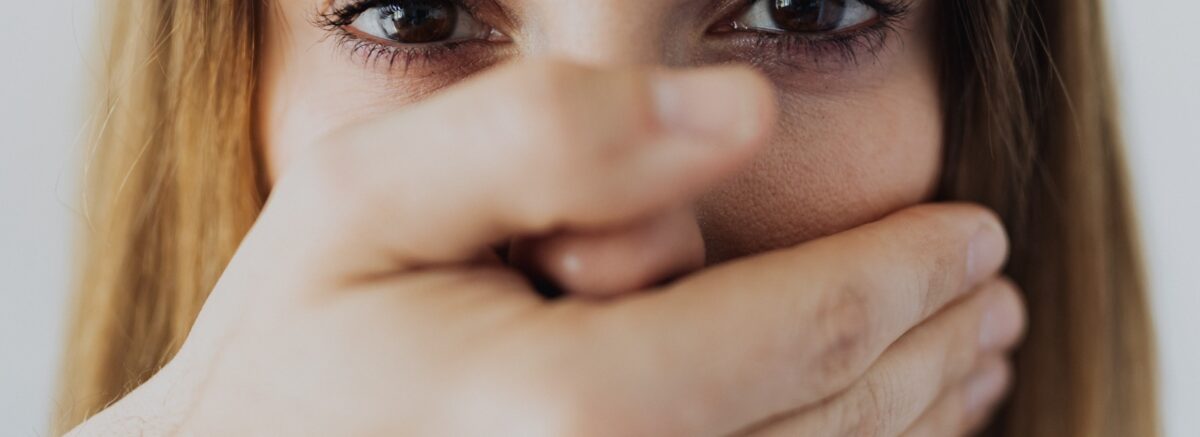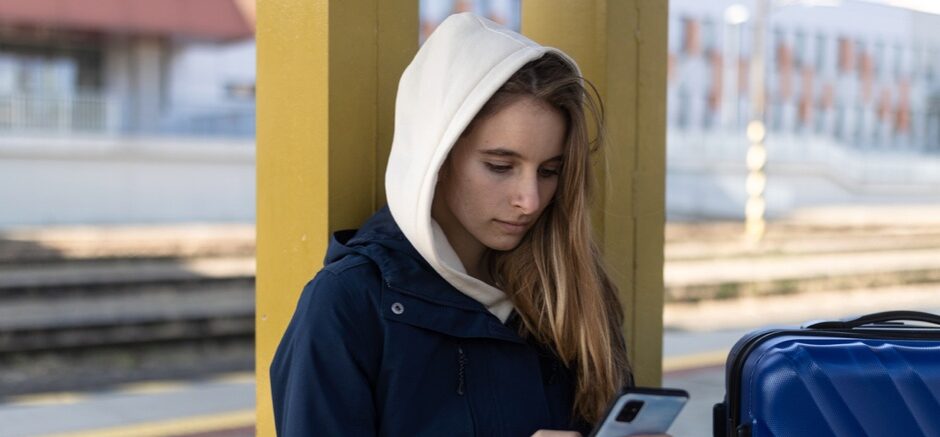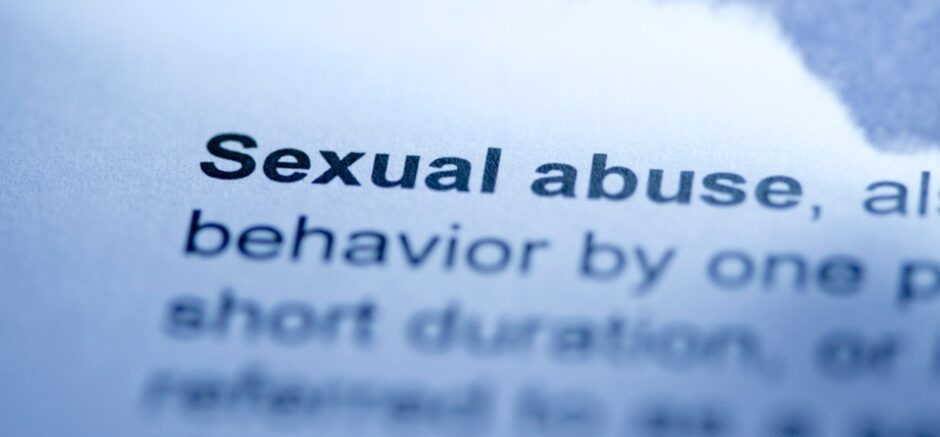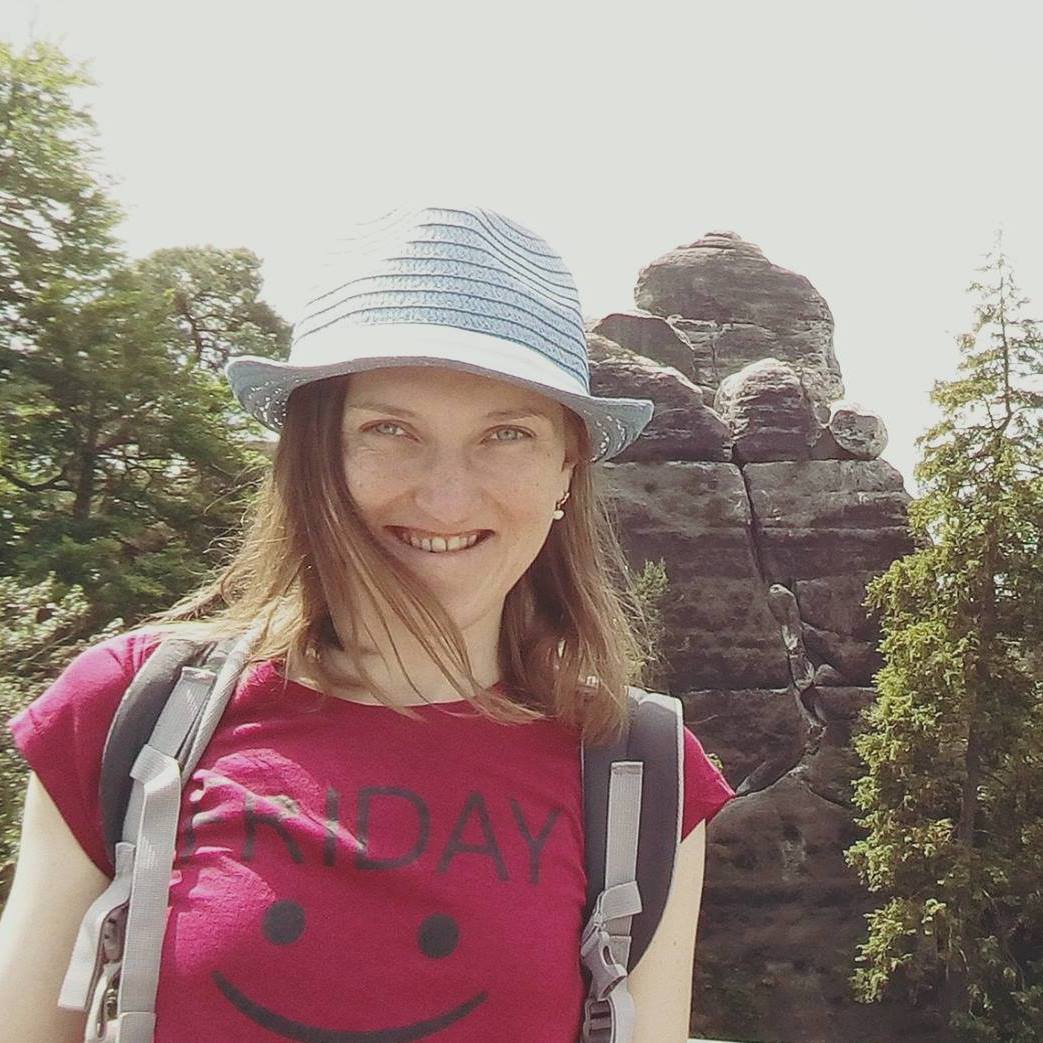First of all, it is necessary to take care of physical safety and, if possible, to a place where the risk of re-victimization of sexual violence is lower.
If possible, you should contact the local law enforcement agencies (the police or the prosecutor's office) and a lawyer. After filing an application and opening criminal proceedings, law enforcement agencies must issue a referral for a forensic medical examination.
On any occasion, it is important to contact a medical institution. First of all, to receive medical assistance, drugs to prevent unwanted pregnancy and venereal diseases. And also for documenting the case, with the issuance of a medical opinion based on the results of the examination.
Worth knowing: By order The Ministry of Health of Ukraine No. 278 dated 01.02.2019 approved the Procedure for conducting and documenting the results of medical examination of victims of domestic violence or persons likely to have suffered from domestic violence, and providing them with medical assistance. It is also relevant for persons who have suffered from war-related sexual violence. Based on the results of the examination, the doctor must issue a certificate in the form specified in the Procedure. Later, this certificate can be submitted to law enforcement agencies or a court as evidence of a crime.
If there is an opportunity and the person decides to contact the law enforcement agencies and a medical institution, do not take a shower or bath so as not to wash away traces of the offender's DNA from the body.
In many countries, in particular in America, medical personnel use so-called rape kits - special sets for collecting and storing physical evidence of sexual violence (in particular, DNA samples). These kits are kept at the hospital, and the victim can later decide whether to turn them over to law enforcement. Unfortunately, this useful practice is currently not used in Ukraine. The procedure for its use is also not regulated.
Access to medical facilities and law enforcement agencies is limited or non-existent in war zones and occupied territories. In this case, if possible, you can take care of preserving the evidence of sexual violence on your own.
But only if it does not expose to even greater danger! In particular, if the offender is an armed soldier and remains at the scene, has access to the victim's personal belongings, gadgets - gathering evidence is not a priority, the main thing is survival.
In other cases, to collect evidence it is worth:
- Write down the circumstances under which the sexual violence occurred. Because of the trauma, important details can be forgotten, which will complicate the process of bringing the offender to justice. In particular, it is important to write down:
- all known information about the offenders (number, names, callsigns, appearance, uniform, weapons, vehicles, content of conversations between themselves and with management, etc.)
- date and time of the crime
- crime scene (address or mark on the map)
- other known cases in the region
- Keep the clothes that the person was wearing at the time of sexual violence. Traces of the offender's DNA may remain on things.
- Make photo and video recordings of injuries on the body.
- Write down the data and contacts of possible witnesses.
It is dangerous to keep this information in a notebook or on the phone if the affected person is in a war zone or occupation zone. If possible, you should immediately send it to the Office of the Prosecutor General (and later delete it from your phone):

